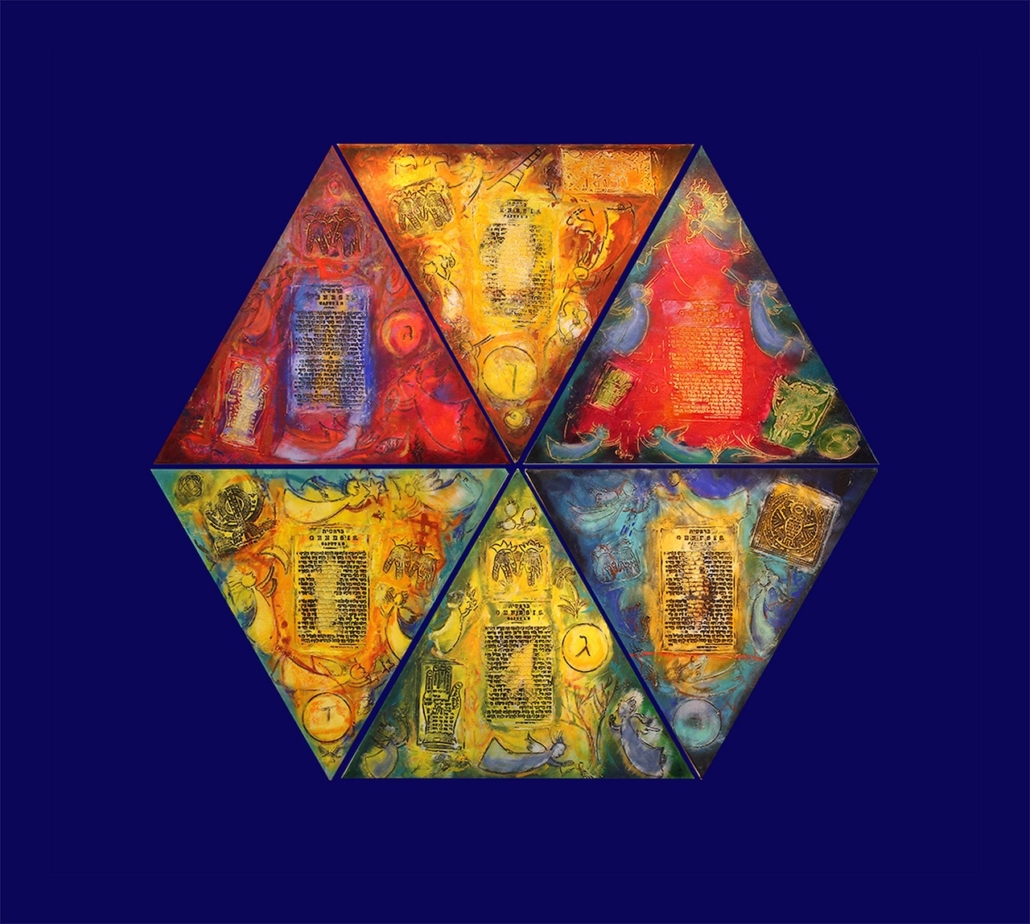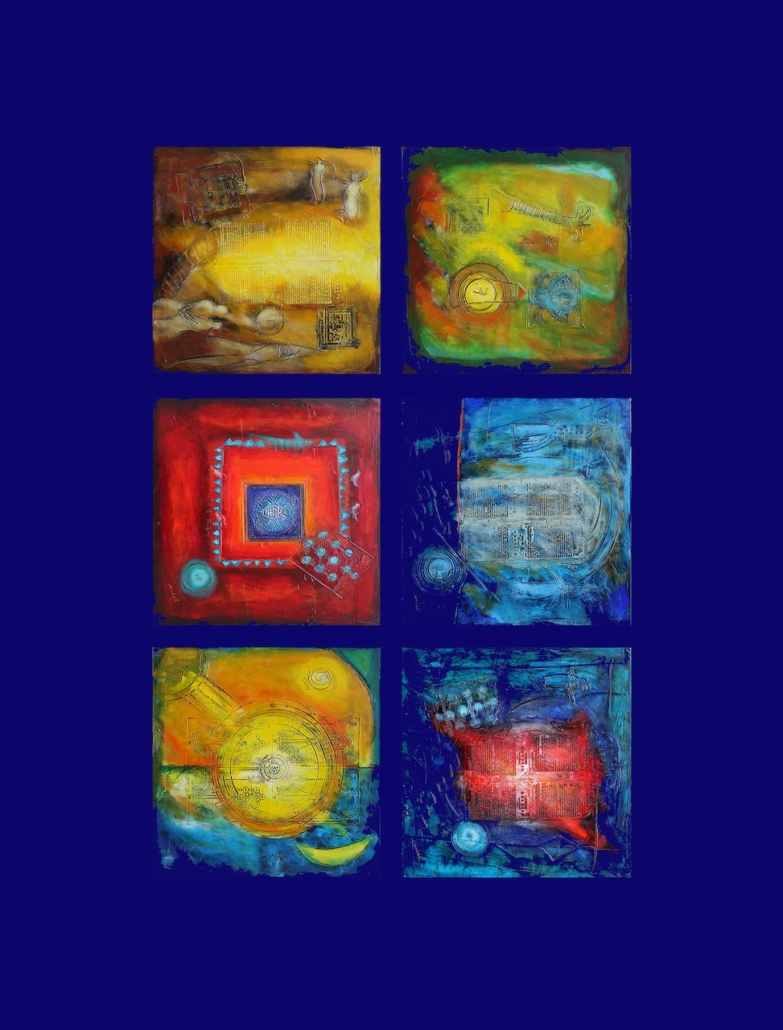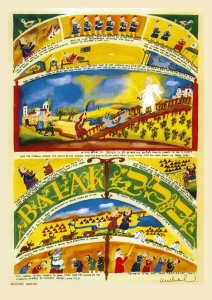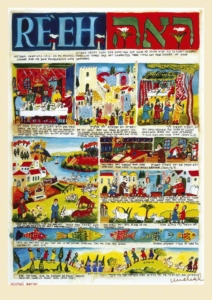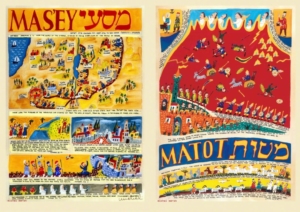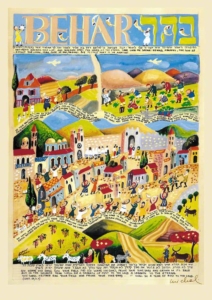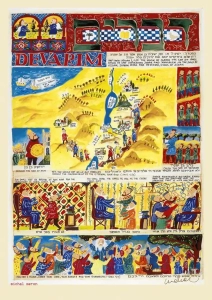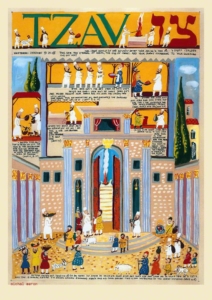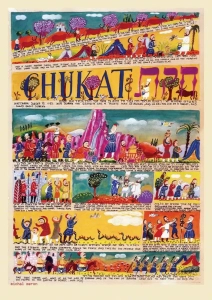MY DAILY LIFE TORAH COACH:
Parashat Korah N.39
Navigating Life’s Journey with Ancient Insights
click the image to view it in the online store
Who has the authority to lead the Israelite community, and what is the source of that authority? Parashat Korach addresses these critical questions.
Korach, Datan and Aviram, and 250 leaders of Israel rebel against the authority of Moshe and Aharon. The rebellion results in their being swallowed by the earth. Many resent their death and blame Moshe. G-d’s “anger” is manifest by a plague that besets the nation, and many thousands perish. Moshe intercedes once again for the people. He instructs Aharon to atone for them and the plague stops. Then G-d commands that staffs, each inscribed with the name of one of the tribes, be placed in the Mishkan. In the morning the staff of Levi, bearing Aharon’s name, sprouts, buds, blossoms and yields ripe almonds. This provides Divine confirmation that Levi’s tribe is chosen for priesthood and verifies Aharon’s position as Kohen Gadol, High Priest. The specific duties of the levi’im and kohanim are stated.
The kohanim were not to be landowners, but were to receive their sustenance from the tithes and other mandated gifts brought by the people.
Lessons for Modern Life:
Parsha Korach provides a rich tapestry of themes and lessons that continue to resonate in modern discussions about leadership, community, integrity, and faith. Its enduring relevance is reflected in the wide array of interpretations and applications to contemporary issues.
Knowledge is not everything in life. The success and stature of a person is measured by how much energy he invests and what he actually accomplishes and not by how much knowledge or talent he has. The way to actually achieve something is through one’s aspirations for good. This is the message of this week’s parsha.
The story of Korach is intensely realistic. A leader is able to mobilise a people by articulating a vision. But the journey from the real to the ideal, from starting point to destination, is fraught with setbacks and disappointments. That is when leaders are in danger of being deposed or assassinated. Korach is the eternal symbol of a perennial type: the coldly calculating man of ambition who foments discontent against a leader, accusing him of being a self-seeking tyrant. He opposes him in the name of freedom, but what he really wants is to become a tyrant himself.
According to the first explanation the root of Korach’s mistake was his total devotion to a rational, methodical process. Conversely, the second explanation sees the root of his mistake in mystical thinking; he tried to rush something before its time and was unwilling to honestly evaluate the situation before him. Both types of thinking are wrong. Any thought process that closes us off and inhibits our ability to think freely and clearly evaluate reality will not succeed.
We see that although the desire to be closer to G-d is positive, which could have raised their level of holiness. However, the fact that their desire was infected with selfish desires caused great mistakes that led to destruction and death. Before one complains and asks for things, he must look deep into himself to see whether his desire comes from a pure and objective place, or whether it comes from a personal and selfish desire.
Korach’s rebellion is often seen as a challenge to legitimate authority. In modern contexts, this can be paralleled with questioning leadership in political, religious, and organizational settings. The story underscores the importance of respecting established authority while also recognizing the need for legitimate channels to voice dissent.
Our Afrodite as a guardian of the antique Venetian water well.
Poetry News from the Ghetto:
Lorenzo Mullon is not a street poet, but a poet in the street: for more than twenty years, he has been sharing his self-produced booklets with the people he meets. One of his aphorisms is: “The present is always on time.”
The Publishing House Pearson included one of his poems in a selection of nine poems by nine poets, including Baudelaire, Ungaretti, Wislawa Szymborska, and Umberto Saba.
Moreover, recently Gruppo Editoriale La Scuola included one of his poems in the Literature Anthology for Middle Schools – on page 77 of this volume, after a poem by Baudelaire and before a haiku by Basho.
From our Gallery:
This week, we invite you to visit our site! The limited series of The Six Days of Creation have a special discount of 10%!



